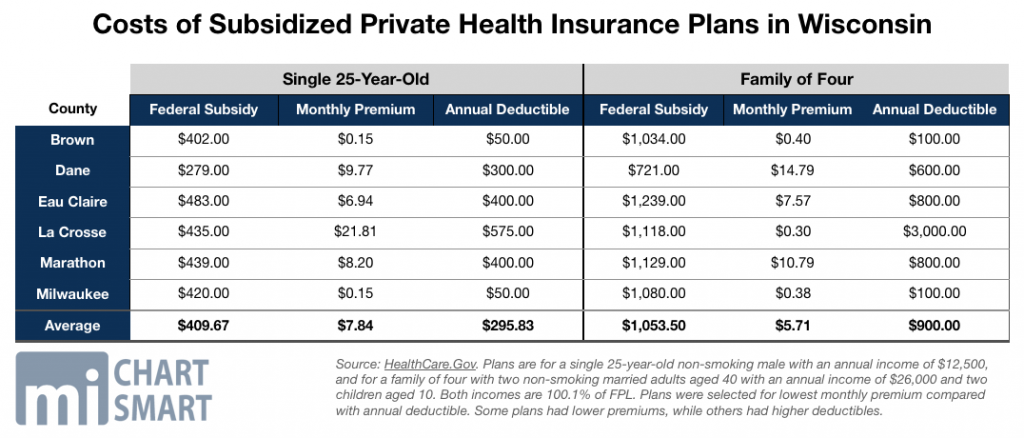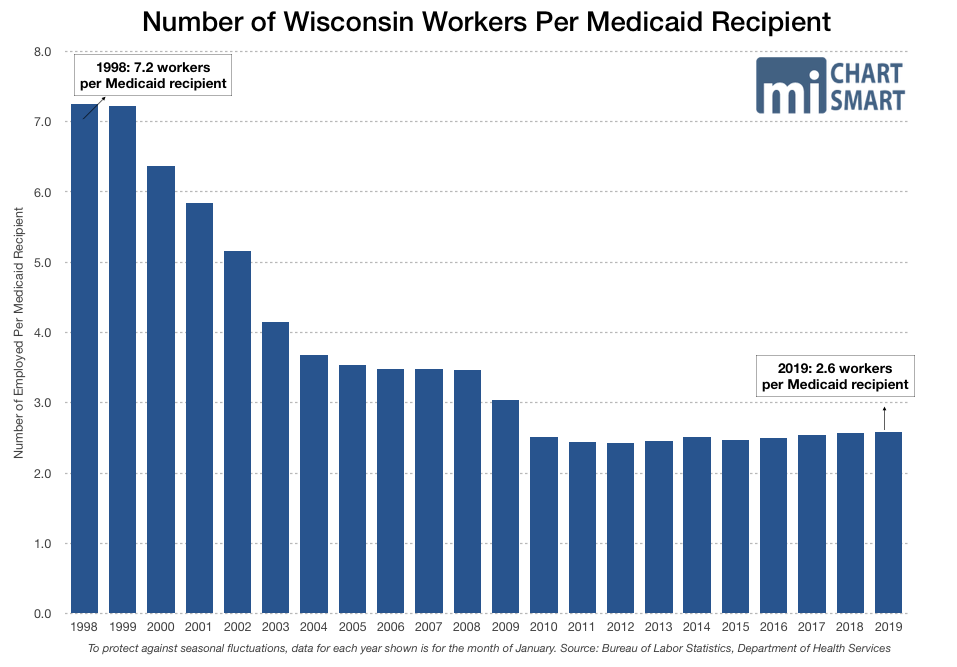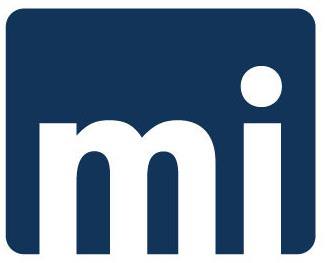Rep. Taylor, Democrats mock the Obamacare exchange and the affordability of ACA health insurance
"Expanding Medicaid even further to include able-bodied individuals living above the poverty line would put an even greater weight on the taxpayer."
MADISON – At a Joint Finance executive session last week, Rep. Chris Taylor mocked the notion that subsidized Obamacare plans could possibly be affordable. Her comments were an effort to justify the expansion of Medicaid to a population between 100-138 percent of the federal poverty level that already has access to affordable, private sector health insurance thanks to existing taxpayer subsidies.
“You might be able to create some human who has never had a pre-existing condition, never been to the hospital, and never been to the hospital emergency room. But the reality is, most people are not getting plans for pennies on the exchange,” Taylor said.
In reality, to paraphrase Rep. Taylor, Obamacare explicitly outlaws discrimination based on pre-existing conditions. Her comment doesn’t pass fact-check muster.
Taylor’s remarks seem to be in response to Rep. John Nygren’s discovery in late April of low-cost coverage with a premium as low as 18 cents per month after subsidies.
Taylor then relayed the story of a constituent who went shopping for similar plans on the Obamacare exchange and asked an agent whether such plans are truly available. “You know what the agent’s response was? He laughed,” Taylor said. If her remark is to be believed, it seems those tasked with helping people find affordable coverage don’t take their jobs seriously.
This comment also fails to pass the test of facts.
It’s true that for the middle class, most of whom don’t qualify for subsidies, the Obamacare price spiral has been a nightmare. But for those in the very population for whom Gov. Evers and his allies seek to expand Medicaid, taxpayer subsidized, affordable plans are abundant all around the state. The following table is just a snapshot of the rock-bottom premiums and relatively low deductibles made possible by taxpayer-funded subsidies – subsidies that total $1.4 billion – 100 percent federally funded – for private market coverage.
Also lost in the conversation are the tens of thousands of newly eligible enrollees who would not be covered by the enhanced federal medical assistance percentage (FMAP) rate. Under expansion, Wisconsin gets a 90 percent FMAP for childless adults added to Medicaid—meaning Badger State taxpayers would be on the hook for ten percent of the added costs.
But the larger population of parents added to the program, about 30,400 new enrollees, would not be eligible for the 90 percent FMAP. That means a new total of 199,100 parents would be eligible at the standard FMAP, in which the state kicks in 41 percent.
In short, a deeper look into the facts shows that Medicaid expansion’s “free” federal money is nowhere near what it’s being sold as.
Moving people from private plans made affordable by 100 percent federally-funded subsidies to an inefficient, government-run plan that will leave Wisconsin taxpayers on the hook now and in the future for ballooning costs makes no sense, especially considering the explosive growth of the program over the last generation.
In January 2000, when the state unemployment rate was a similarly low 3.2 percent, there were 449,969 people on Medicaid in Wisconsin, or 8.4 percent of the population. There were six people working for every Medical Assistance (MA) program member.
As of April 2019, there were 1,180,152 people on Medicaid, or 20 percent of the population. Thirteen percent of them are childless adults aged 19-64 who aren’t disabled or elderly. Less than a generation later, there are only 2.6 people working for every person on the social welfare program.
The abysmal reimbursement rates that Medicaid pays to health care providers—often well below the cost of a procedure—means providers have to make up that loss elsewhere. And it’s private insurance premiums that increase as a result, contrary to claims by the Evers administration in a flawed study by the Office of the Commissioner of Insurance.
Instead of moving people from affordable private plans onto Medicaid and risking an explosion of cost-shifting, a wiser course would be to acknowledge that Medicaid expansion is an un-needed expansion of welfare.
MacIver Institute President Brett Healy issued the following statement:
“Expanding Medicaid even further to include able-bodied individuals living above the poverty line would put an even greater weight on the taxpayer. That’s the wrong direction for Wisconsin.
“It’s incredible that Democrats are now advocating for moving people off the Obamacare exchange onto Medicaid. Chris Taylor can try to ignore the facts, but the facts show that there are low-cost health insurance options available to those on the exchange for as low as pennies per month. Moving people from these affordable plans onto Medicaid would cost taxpayers, harm hospitals due to cost-shifting, and increase government dependence.
“It is fascinating to watch that, in their zealous quest to push us toward government-run health care, Democrats have conveniently abandoned their love affair for Obamacare. Apparently, President Obama’s signature legislative victory was just a ruse in their unrelenting push toward socialized medicine and government-run healthcare.”
NOTE: This press release was submitted to Urban Milwaukee and was not written by an Urban Milwaukee writer. While it is believed to be reliable, Urban Milwaukee does not guarantee its accuracy or completeness.





















